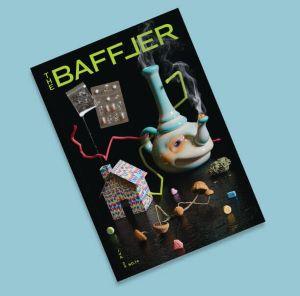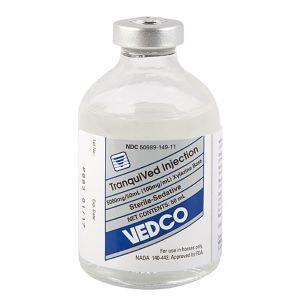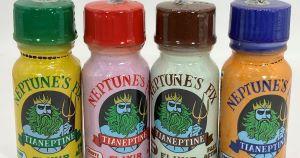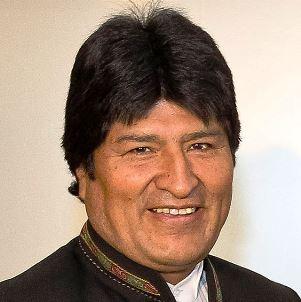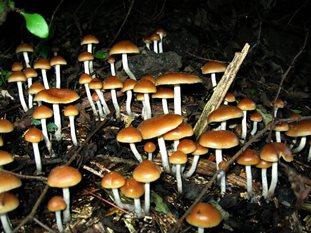
Psilocybin mushrooms. They could soon be legal to grow and eat in Massachusetts if a new poll is correct. (Creative Commons)
MA Poll Has Psychedelic Legalization Init With Narrow Lead; Colombia Proposes Regulation of Coca, Poppy Crops, More... (11/1/24)
A DEA administrative law judge has pushed back the timeline on marijuana rescheduling, the State Departments holds a follow-up meeting to the global summit on addressing synthetic drugs, and more.



